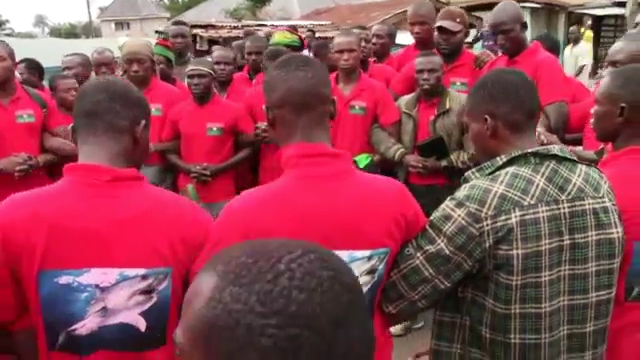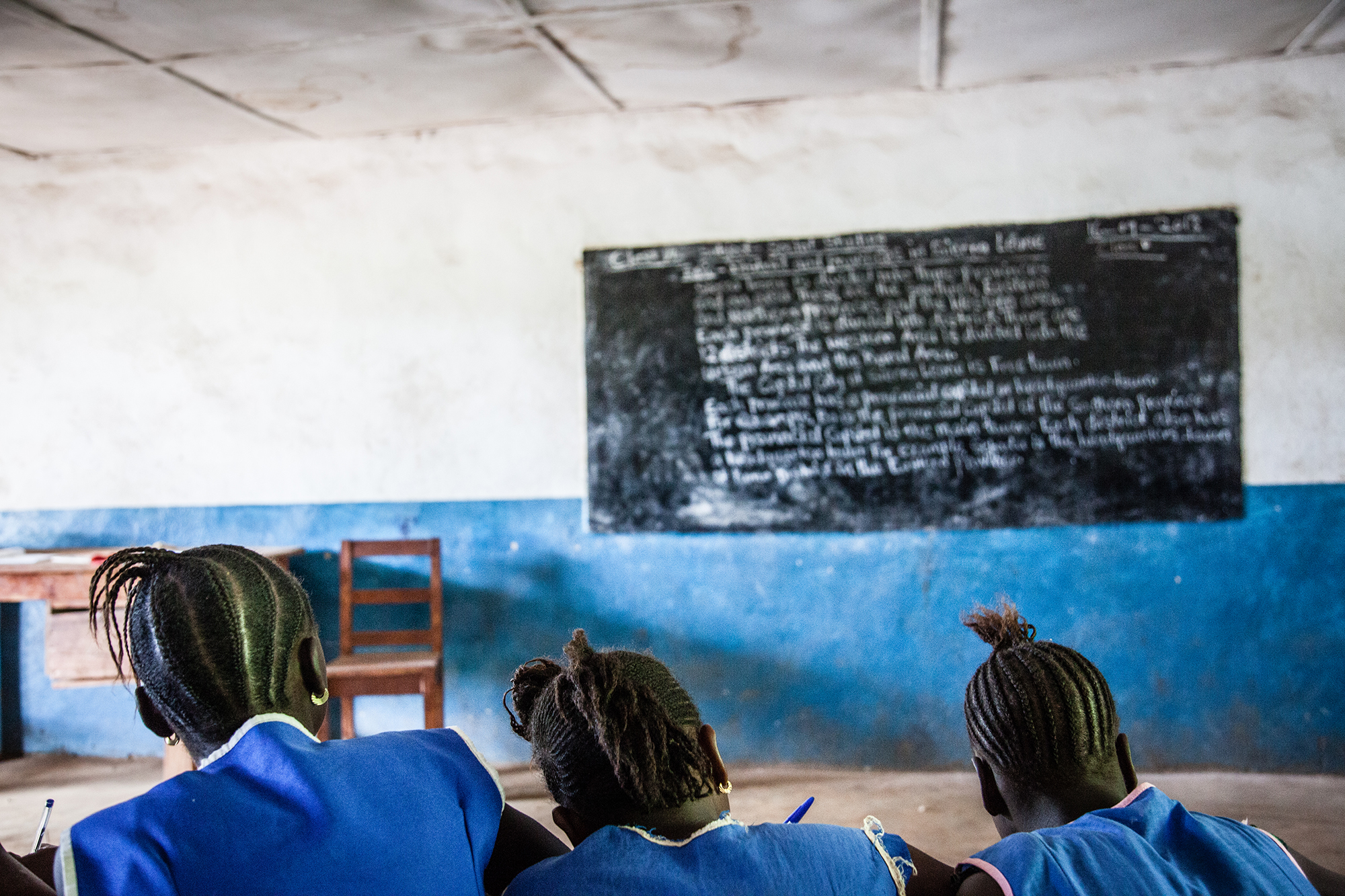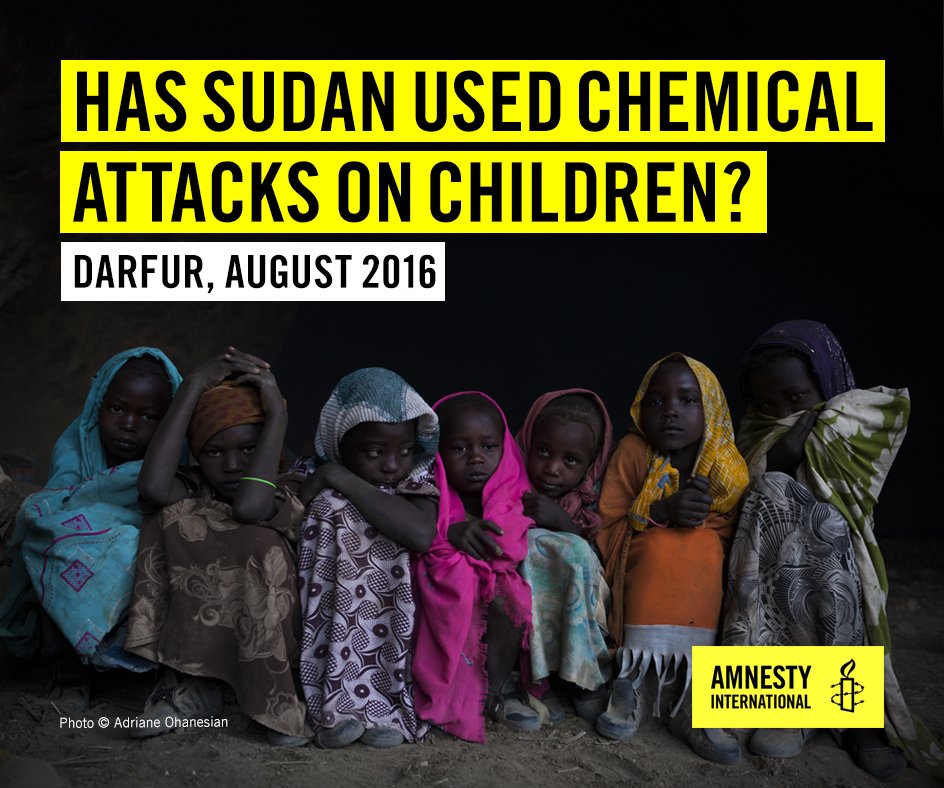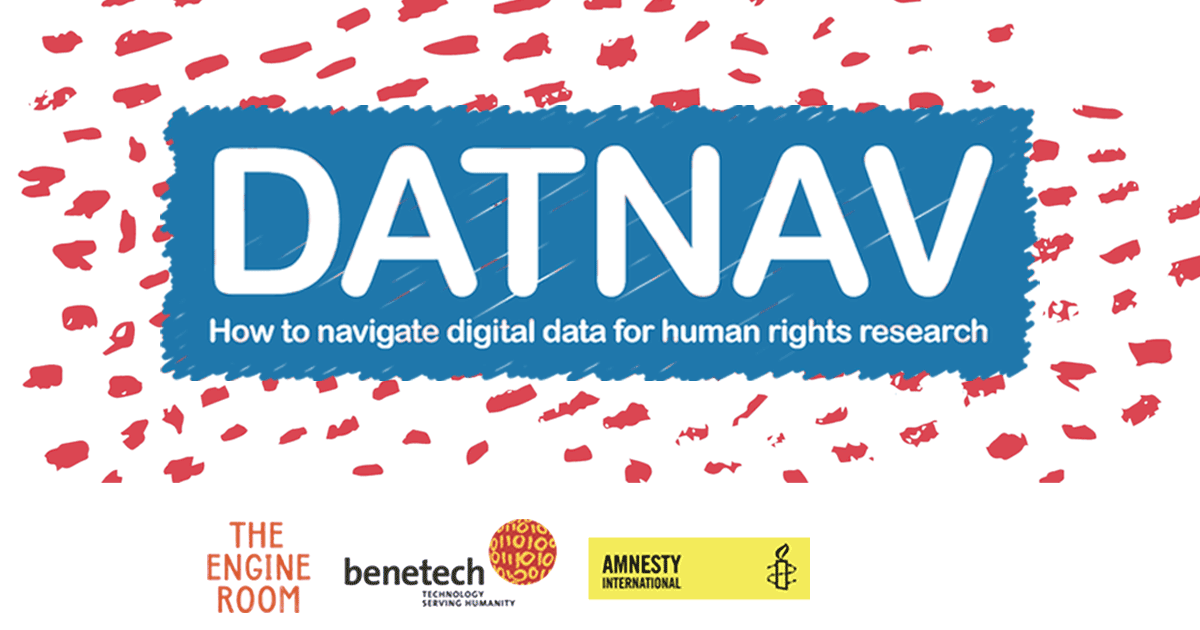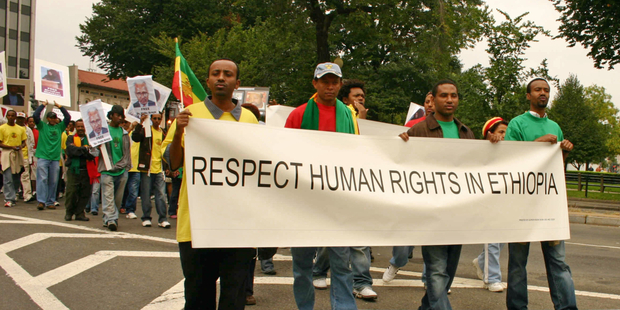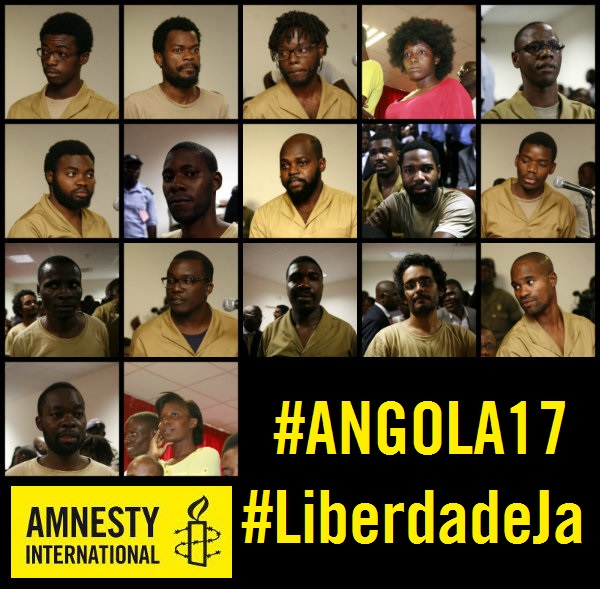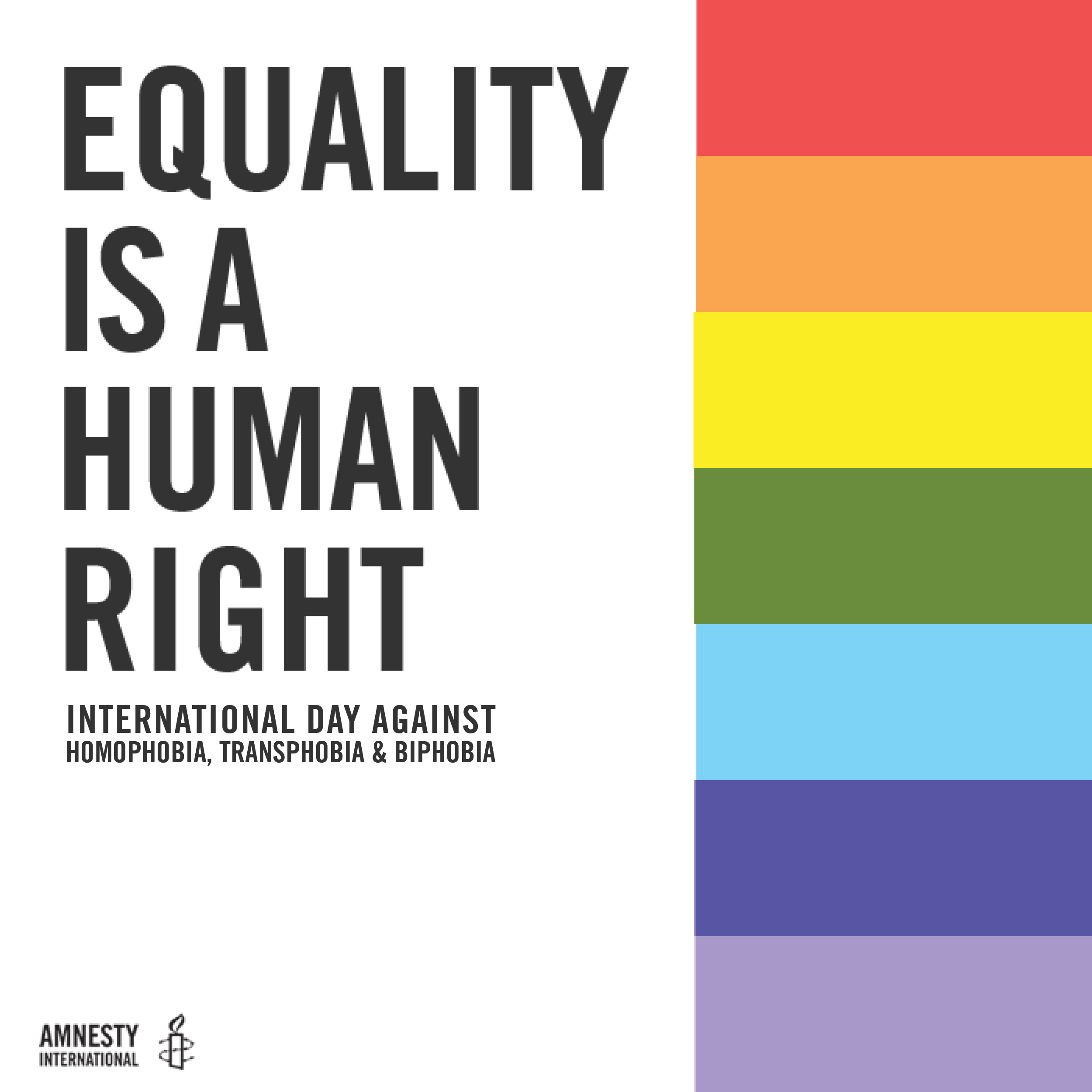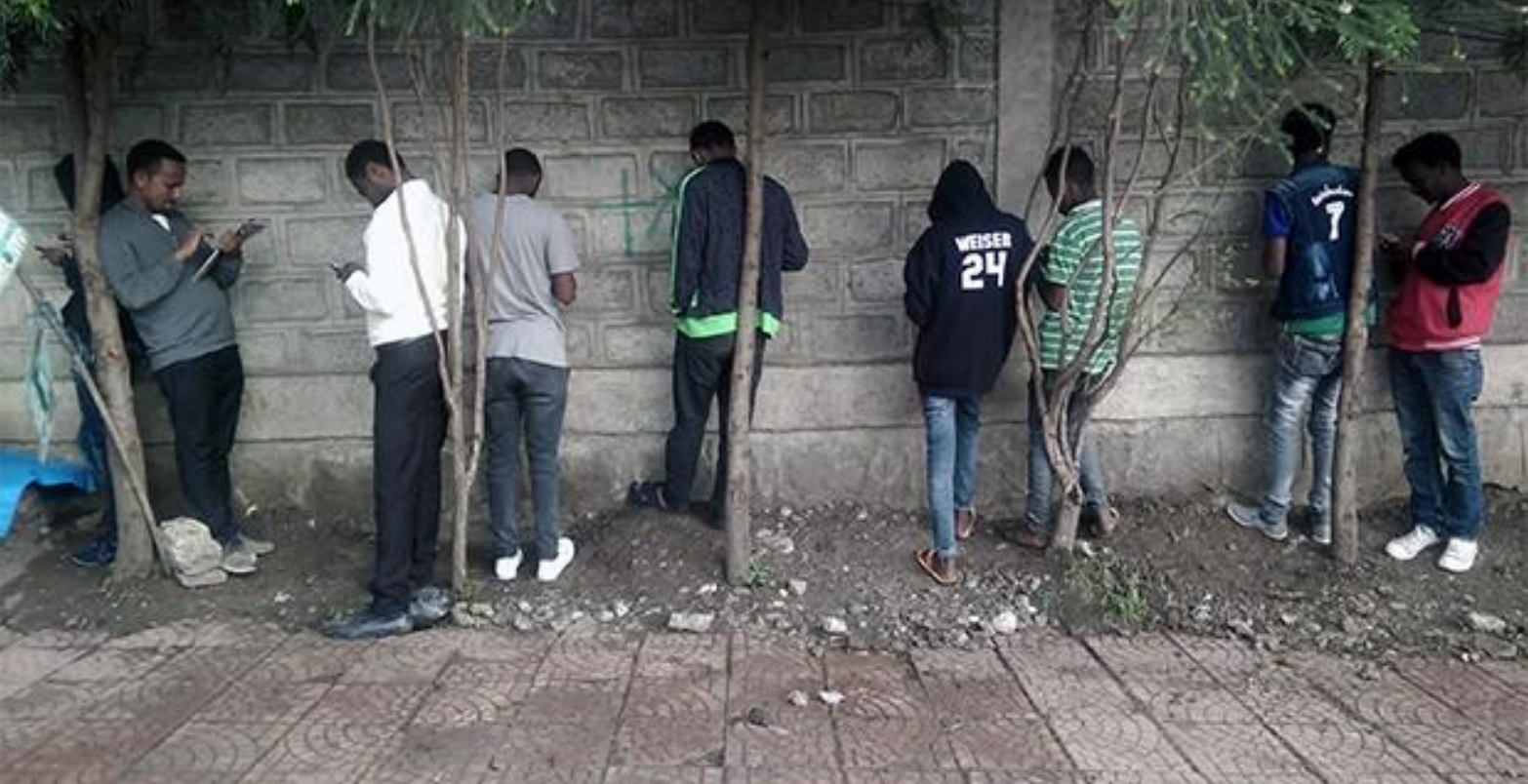
By Adotei Akwei and Miho Mitobe
At the end of 2016 Amnesty International published a report titled Ethiopia Offline: Evidence of Social Media Blocking and Internet Censorship in Ethiopia. This report documented how social media and networks in Addis Ababa and the Oromia region were being blocked by the Ethiopian government. Among the more alarming findings is that AI and the Open Observatory of Network Interference (OONI), who co-authored the report, detected the use of Deep Packet Inspection (DPI) technology, which can be used to monitor and filter internet traffic. The Ethiopian government appears to be using the technology for “mass surveillance internet censorship.” The government’s actions constitute a violation of Ethiopia’s obligations to protect freedom of expression under the African Charter and the International Covenant on Civil and Political Rights (ICCPR) and also drastically restricts access to information for the Ethiopian people. SEE THE REST OF THIS POST
